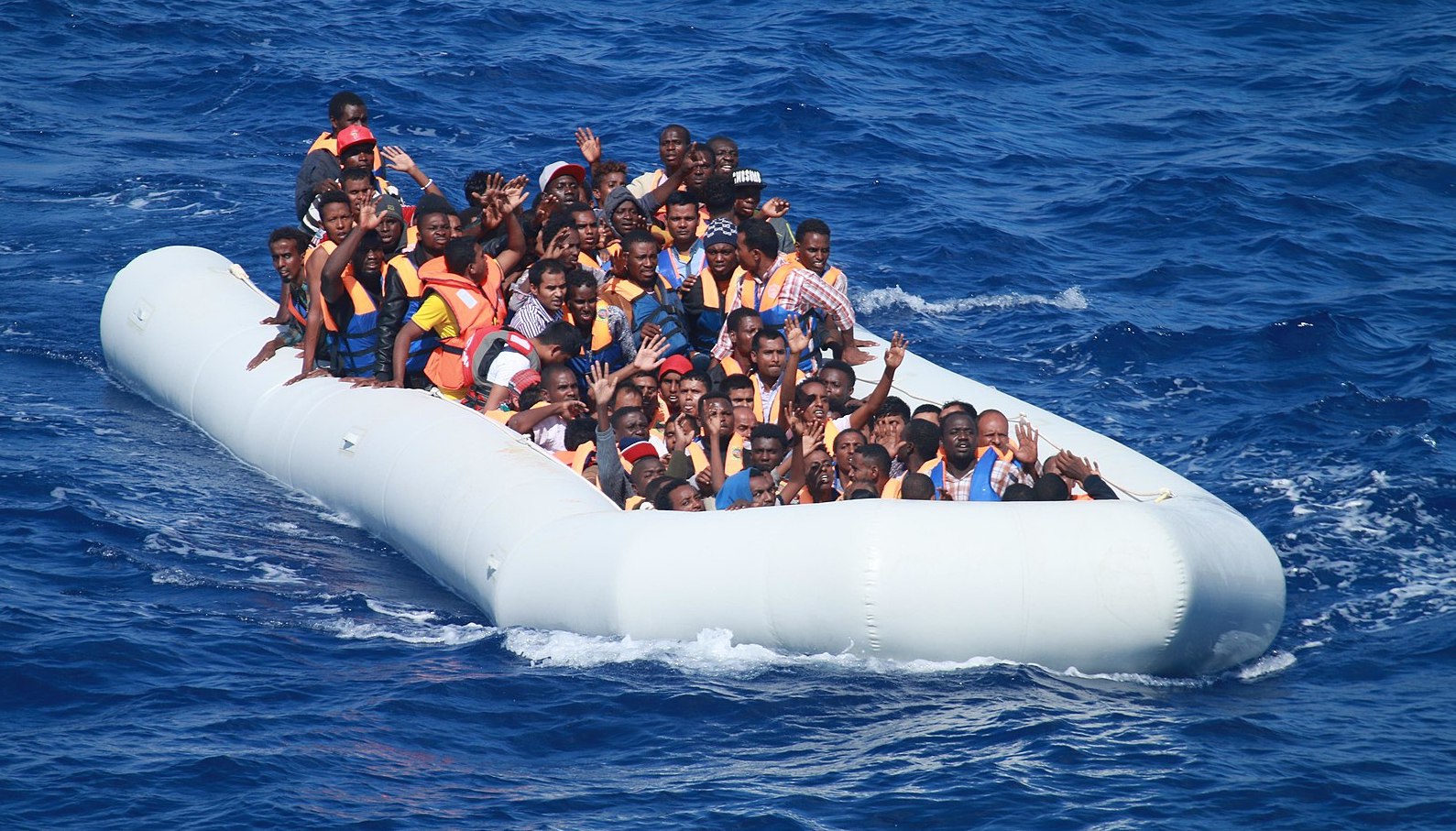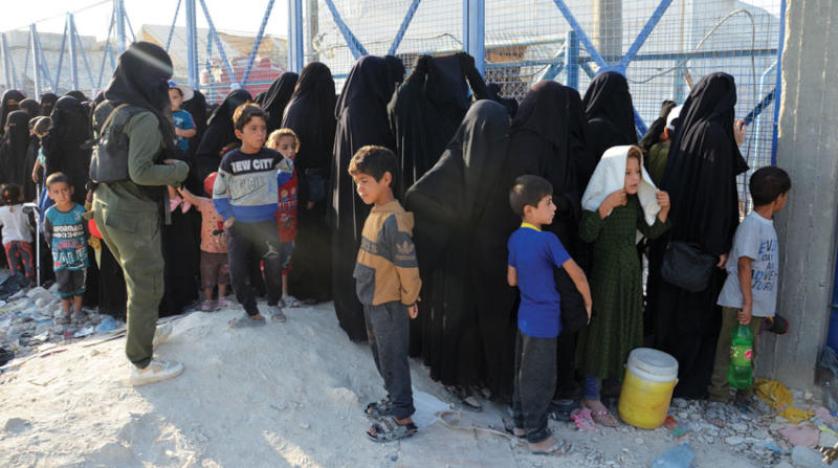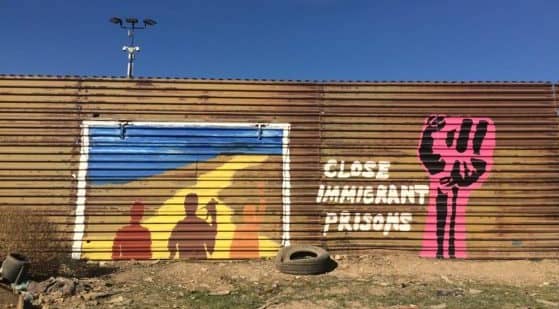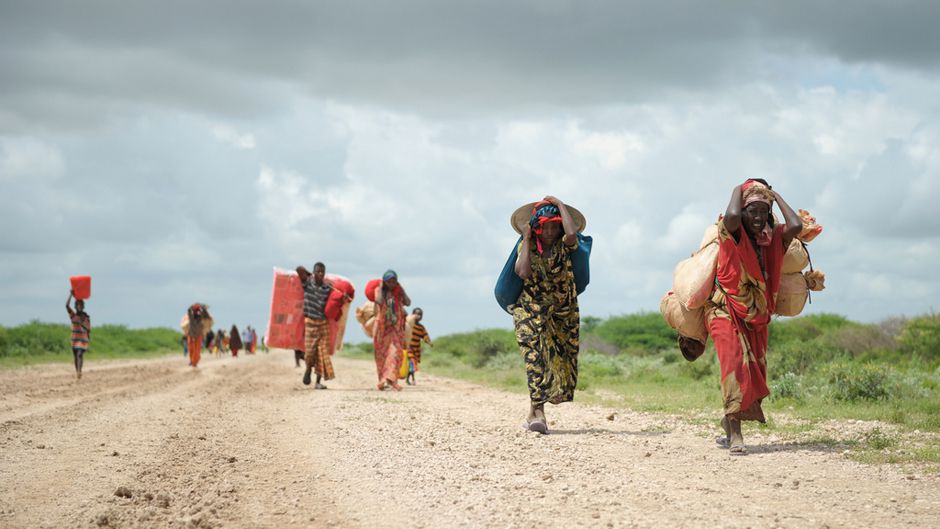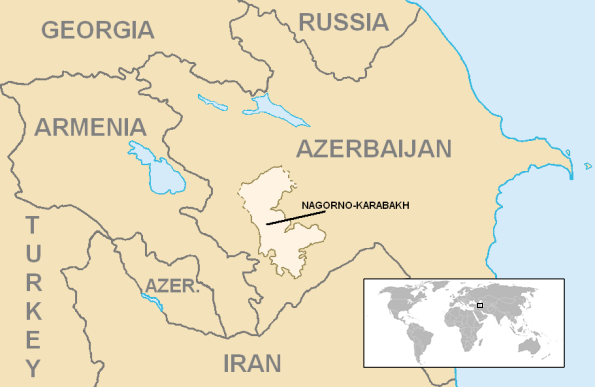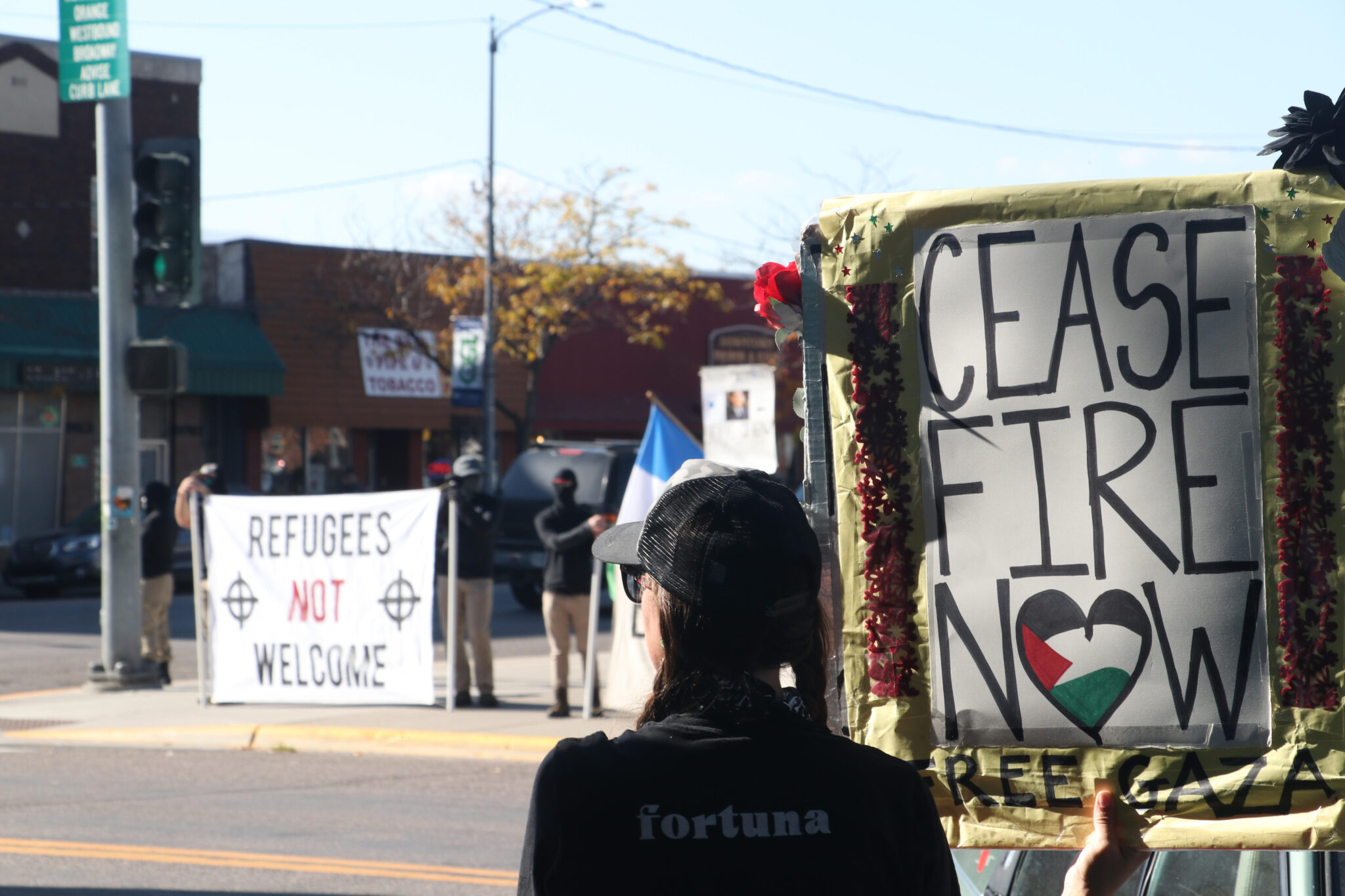
Anti-Semitism, anti-Zionism: parsing the difference II
In a disturbing coincidence in Missoula, Mont., a Palestine solidarity march to protest the bombardment of Gaza ran into a separate but simultaneous anti-Israel march by neo-Nazis. Since the Gaza bombardment began, open neo-Nazi marches have also been reported from Madison, Wisc., Dallas, Tex., and elsewhere around the country. Yet, in addition to displaying enthusiasm for Hamas, their banners also read “REFUGEES NOT WELCOME”—and we may assume it was a similar ultra-right xenophobe who shot three Palestinian youths in Burlington, Vt. This makes it all the more maddening that elements of the “left” share with the Nazis an unseemly enthusiasm for Hamas—providing much fodder for the pro-Israel and “anti-woke” right. In Episode 201 of the CounterVortex podcast, Bill Weinberg continues to explore the dilemma. Listen on SoundCloud or via Patreon. (Photo: Hayden Blackford/Daily Montanan)



